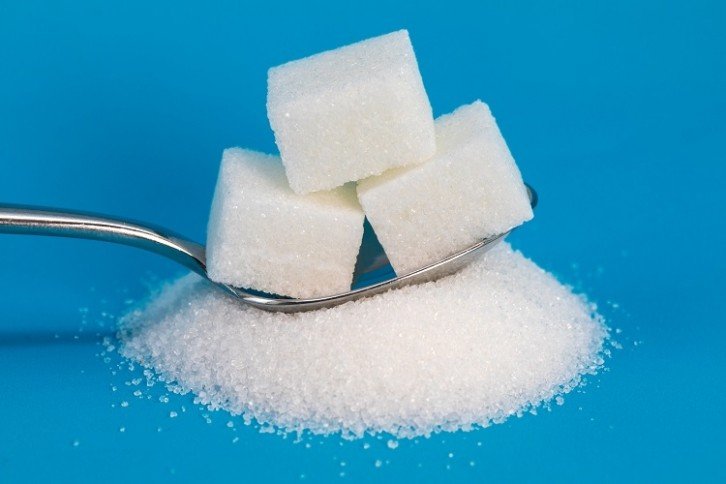Lucknow: Excessive use of saccharin, a popular artificial sweetener, can indeed pose health risks. Here are some key points to consider:
- Cancer Concerns: Saccharin was linked to bladder cancer in rats in the 1970s, leading to concerns about its safety. Although subsequent research found that these results were not directly applicable to humans, this led to saccharin being labeled as a potential carcinogen for years. However, in 2000, the National Toxicology Program removed saccharin from its list of carcinogens, affirming that it is safe for human consumption at typical levels.
- Metabolic Effects: Studies suggest that artificial sweeteners, including saccharin, might interfere with metabolic processes. They can alter gut microbiota, potentially leading to glucose intolerance, a precursor to diabetes. This indicates that while saccharin itself might not have calories, it could impact metabolic health indirectly.
- Allergic Reactions: Some individuals may experience allergic reactions to saccharin, including symptoms like headaches, breathing difficulties, skin problems, and diarrhea. Although rare, these reactions should be noted.
- Bladder Health: High doses of saccharin, similar to those used in the early rat studies, can still pose risks. Though normal dietary intake is considered safe, extremely high consumption could potentially irritate the bladder.
- Regulatory Status: Regulatory bodies like the FDA, the European Food Safety Authority (EFSA), and others have deemed saccharin safe for consumption within established daily intake limits. The FDA’s acceptable daily intake (ADI) for saccharin is 5 milligrams per kilogram of body weight.
- Sweetness Intensity: Saccharin is much sweeter than sugar (about 200-700 times), which means only a small amount is needed to achieve the desired sweetness. This can help reduce overall caloric intake from sugars but must be balanced against potential health risks.
In summary, while moderate use of saccharin is considered safe by health authorities, excessive consumption may lead to health issues. As with many dietary components, moderation is key to minimizing risks.

---------------------------------------------------------------------------------------------------














